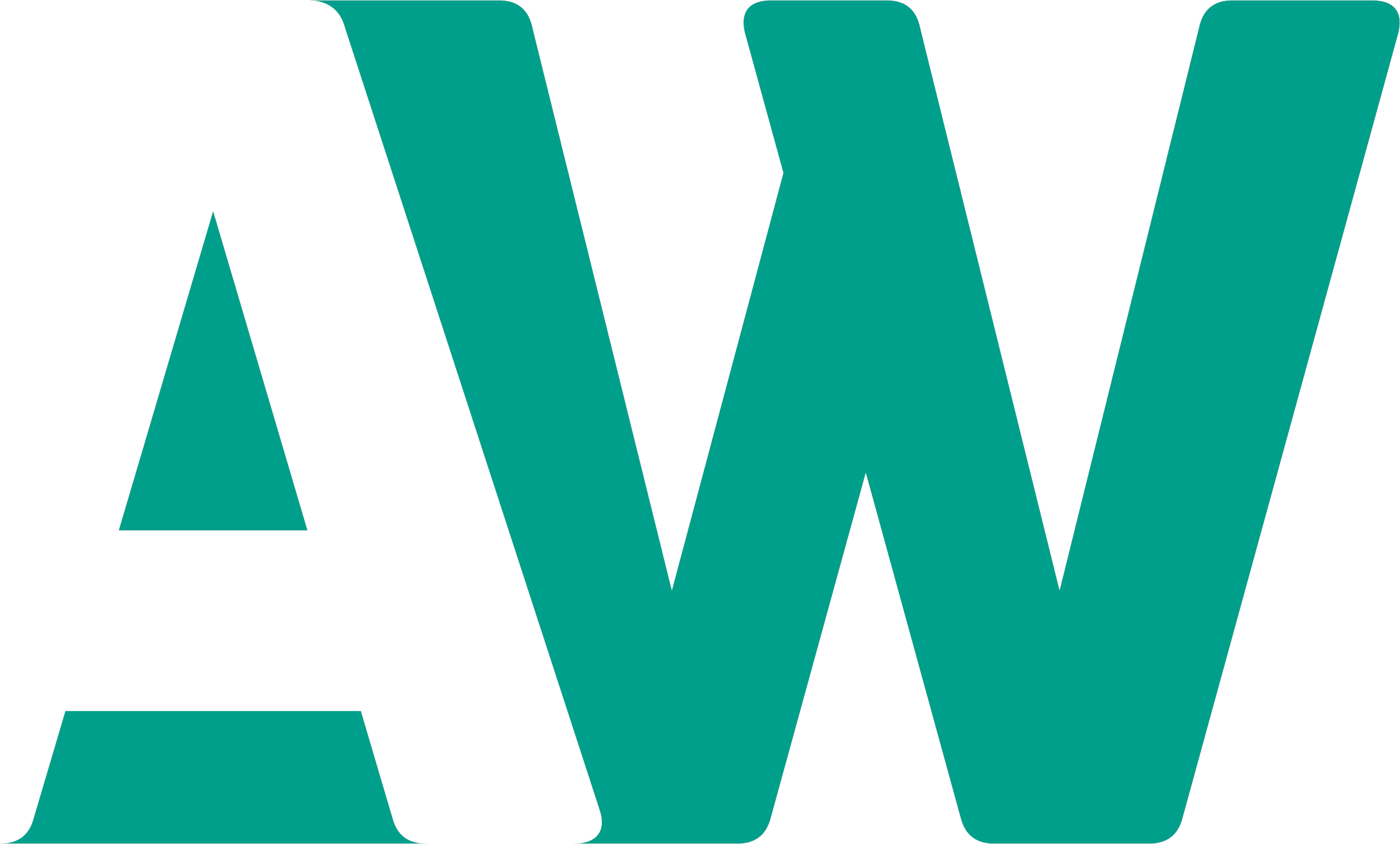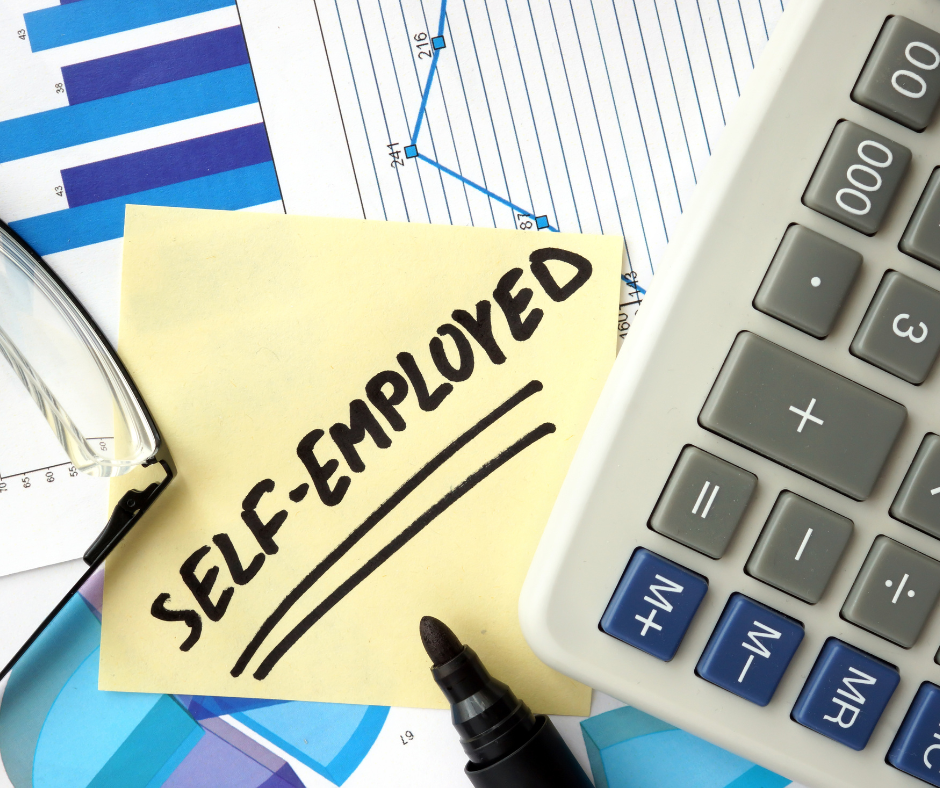Claim a refund if you have overpaid tax
There are various reasons why tax may be overpaid, and when more tax has been paid than is due, it is understandable that the taxpayer will want this to be refunded as soon as possible. The process for claiming a refund depends on why the overpayment arose. Employees An employee may have paid too much … Read more










